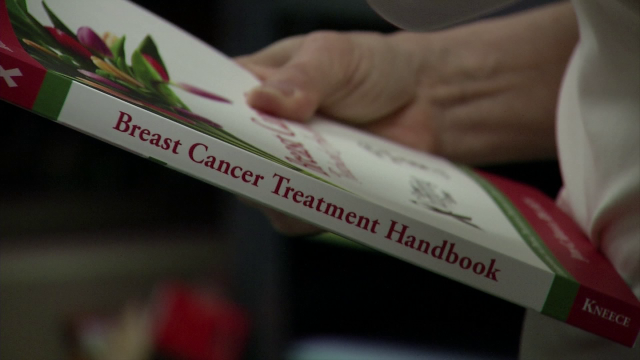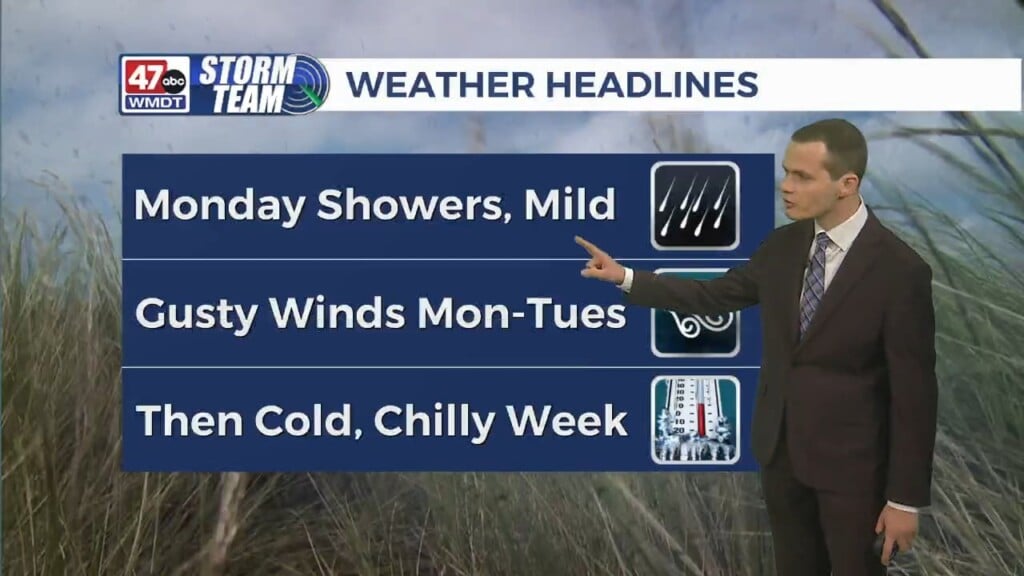Ags Frosh and Denn joining crackdown on fraud cancer charities

When it comes to cancer many of us have have donated money and time in an effort to find a cure, but now it is coming to light that some legitimate charities are being investigated on allegations that they took advantage of that generosity, misusing millions of dollars of donated money.
$187-million of donation money allegedly misused on cars, trips, and sporting events.
Attorney Generals in each state across the country are now putting their weight behind a Federal Trade Commission complaint which alleges that the Cancer Fund of America, Children’s Cancer Fund of America, The Breast Cancer Society, and Cancer Support Services allegedly misused allegedly spent nearly 86% of donations on luxuries and not cancer support services.
We spoke to Maryland Attorney General *Brian Frosh* over the phone…
“While we cant disclose how much they took from Marylanders I can say it was millions.” Said Attorney Genreal Frosh.
We also spoke to Delaware Attorney General Matt Denn, who said “we want people to have confidence that when they donate to charity that they are legitimate.”
One of the ways these organizations secured the donations was through phone calls such as this one sent to us by AG Brian Frosh’s office.
Scammer: “I want to call and thank you for your generous donation on behalf of the Children’s Cancer Fund of America”
Scammer: “and you’re donating ten dollars?”
Caller: “yes.”
Sue Revelle works with Women Supporting Women, a local charity which collects money for breast cancer patients and their caregivers.
She says it’s rare for most non profits to solicit donations over the phone.
Revelle admits she’s concerned how the actions of these four charities will affect the generosity of local donors.
“Most local organizations do not do what the nationals do.” And “We’re here on the homefront.When someone is diagnosed, we’re there for them.”
Typically 25% to 30% of the budget goes towards salaries and the up keep of each non profit with the rest going towards support for those in need.
Revelle says that non-profits such as hers are required by law to disclose the amount and donor of each monetary contribution if requested by a member of the public.
“The donations that come in from organizations that’s what we do, we purchase these items and then give them to the people.” And “It goes into our quick books so they can come back in and get information if they had to or if they had any problems.” Says Revelle.
According to a spokesperson in the Maryland Attorney General’s office all those millions of allegedly misused dollars are now being considered a loss.
The people who donated money to the charities will not be getting their money back.
Avoid any charity if they:
- Refuse to provide detailed information about it’s identity, mission, costs, and how the donations will be used.
- Won’t provide proof that the donation is tax deductible.
- Use a name that resembles a well-known charity.
- Thank you for a donation you don’t think you’ve made.
- Ask for donations in cash.
- Use high pressure tactics.


